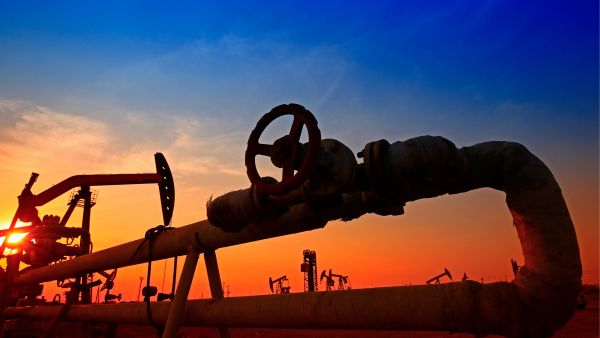Socialists and Democrats want the next seven-year financial framework to give the impulse to the European Union to change its current course of growing inequalities and lay the foundations of a socially and environmentally sustainable society.
Today the plenary voted on the Connecting Europe Facility (CEF), which supports the development of high-performing, sustainable and interconnected Trans-European Networks in the areas of transport, energy and telecommunications.
S&D vice-president for sustainability Kathleen Van Brempt MEP said:
“Together with the EU Research Programme Horizon on which we voted this morning, the CEF is a crucial instrument for the progressive society we want to build. The framework to guide us must be the UN Sustainable Development Goals, to address poverty, inequality, climate, environmental degradation, prosperity, and peace and justice. All these challenges are interconnected, and so should be all the EU policies to tackle them.
“We need to stop investing in the past, and drastically choose investments of the future. Complying with our climate commitments taken in Paris in 2015 should also be the lever to build a competitive zero-carbon economy using the newest technologies for the well-being of our citizens and for quality jobs. Also to bring citizens across Europe closer, regardless of where they live, having access to the same services and opportunities.”
Inés Ayala MEP, S&D spokesperson on transport on the CEF, said:
"The Connecting Europe Facility benefits people across all member states, making EU mobility easier, more user-friendly and innovative, and promoting sustainable modes of transport such as railways, inland waterways and 'motorways of the sea'.
"With this proposal, the European Parliament is concentrating EU funding for 2021-2027 on key transport networks, priority corridors and projects with real European added value for citizens and more sustainable freight, including missing links and cross-border transport projects within the EU and also with third countries.
"Our Group has ensured that the instrument is aimed at strengthening socio-economic and territorial cohesion, including for most vulnerable and outermost regions, as well as more accessibility, multimodality, interoperability and safety. Furthermore, this proposal will help reinforce the involvement of regions and local authorities in the projects."
S&D shadow rapporteur and negotiator on energy Miapetra Kumpula-Natri said:
"This week the world is meeting in Katowice to try to limit global warming, and the EU should take the lead. We must do more and set higher standards. Funding priorities in the Connecting Europe Facility now take into account effects on climate and the share of EU funding available for projects that reduce greenhouse gas emissions can be increased – thanks to amendments made by the S&D group. The facility also introduces funding for cross-border renewable projects, which will further help to decarbonise our energy system.
“The S&D Group pushed for a clear increase on the budget allocated for these projects. I am glad the vote in the plenary today confirmed this position. We also successfully called for a renewal of the guidelines for EU-funded energy projects. Unfortunately the conservative-led majority in this house didn’t support a clear limit to investments in fossil gas projects.
"On digital networks we were happy to see improvements to the original Commission proposal. Fast mobile connections should be supported for both Europe's transportation networks and important social hubs such as schools, universities and hospitals. Europe needs big investments in order to get every European citizen the fast connections they need for the 21st century. The CEF will help to achieve that."









